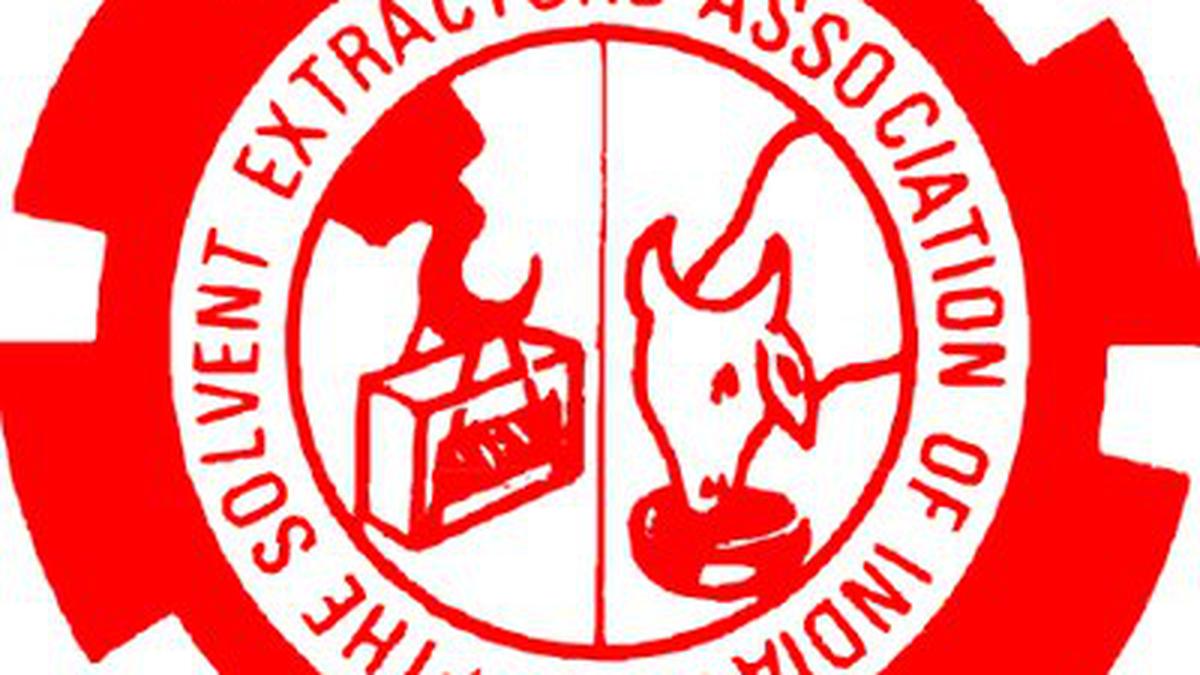Budget 2024: SEA pins hopes on budgetary support to boost oilseed production
The Solvent Extractors’ Association of India (SEA) has said it expects the forthcoming Union Budget to focus on agriculture and launch the National Mission on Edible Oils with adequate financial support to boost oilseed production and increase the availability of edible oils, thereby reducing India’s dependence on imports.
In his monthly letter to the members of the association, Ajay Jhunjhunwala, SEA President, said the new Government has included the “Oilseed Development Programme” in its 100-day agenda.
In one of his speeches after assuming office, the Prime Minister, Narendra Modi, emphasised increasing oilseed production to reduce India’s dependence on edible oil imports, which currently stands at 60 per cent of the requirement.
Jhunjhunwala said SEA has prepared a pre-budget memorandum, particularly emphasizing the need to correct the inverted duty structure on the import of refined oil and finished products such as stearic acid, refined glycerine, soap noodles, and oleic acid used by the soap industry.
De-oiled rice bran
SEA has also suggested lifting the ban on the export of de-oiled rice bran and imposing a 5 per cent GST on it to reduce misuse.
The Government banned the export of de-oiled rice bran effective July 28 2023, extending the ban multiple times, with the current restriction in place until July 31 2024.
Stating that eastern states, including West Bengal, are significant producers of de-oiled rice bran, he said the cattle feed industry remains underdeveloped in this region, resulting in limited demand for de-oiled rice bran.
High local freight charges to transport de-oiled rice bran from eastern to southern or western regions of India make export the principal means of disposal for the region.
The rising prices of milk and milk products were cited as the reason for the export restriction, attributing it to high fodder prices with de-oiled rice bran being a major component. However, since the imposition of the export restriction in July 2023, milk prices have not decreased but rather increased despite a significant reduction in de-oiled rice bran prices from ₹18,000 a tonne on July 28 2023, to ₹13,500 a tonne currently.
He said the cost component of de-oiled rice bran in milk price is minimal. Continuing this ban does not support milk price reduction but negatively impacts rice bran processors and de-oiled rice bran exporters.
He said the rice bran processors in Eastern India have faced crises following the export ban, leading to reduced capacity utilisation or closure. This adversely impacts the rice milling industry and reduces rice bran oil production.
Castor
He said India has developed its own sustainability code for castor oil called the ‘World Castor Sustainability Forum’ (WCSF), which will facilitate the development of a sustainable and traceable supply chain of castor oil while improving the economic, social, and environmental performance of the castor supply chain. WCSF will also enhance productivity and sustainability in the castor supply chain in India, thereby improving economic self-sufficiency and the livelihoods of smallholder producers. India produces more than 90 per cent of the world’s castor crop.
All major producers and exporters of castor oil from India have joined WCSF. Nearly 30 companies, including seven foreign buyers, have joined WCSF, he said.
Monsoon
On monsoon, he said IMD and other international weather forecasting bureaus have indicated that India will receive sufficient to abundant rainfall this season. “Let us keep our fingers crossed for bountiful rains with the blessings of Lord Indra,” he added.
